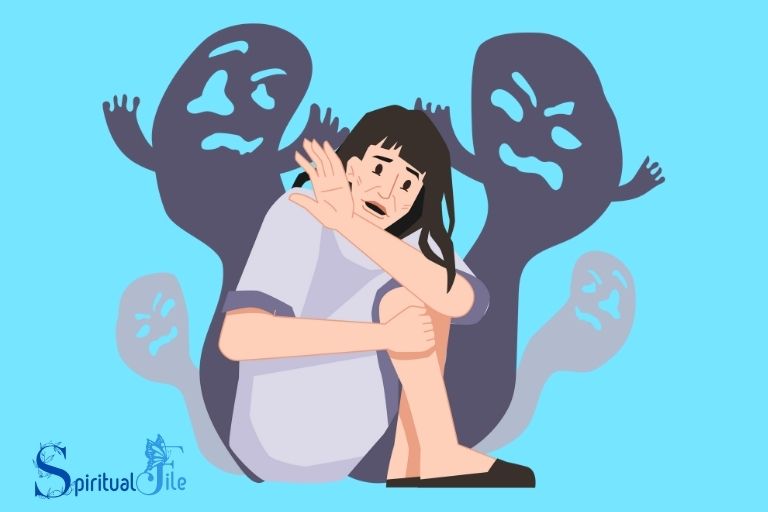Psychology of Journey Events

The psychology of journey events is a complex and multidimensional field of study that has garnered significant attention in recent years. Journey events, in this context, refer to significant experiences or milestones that occur throughout an individual’s life, such as graduations, marriages, divorces, career changes, or the loss of a loved one. These events can have a profound impact on a person’s emotional, cognitive, and behavioral well-being, shaping their perceptions, attitudes, and behaviors in lasting ways.
One of the key psychological principles underlying the impact of journey events is the concept of emotional arousal. Significant life events can elicit strong emotional responses, ranging from euphoria and excitement to grief, anxiety, and despair. The intensity and duration of these emotional experiences can, in turn, influence an individual’s motivation, goal-directed behavior, and overall sense of well-being. For instance, a person who has recently experienced a traumatic event, such as a natural disaster or a violent crime, may exhibit heightened levels of anxiety and hypervigilance, which can impede their ability to function effectively in daily life.
Another crucial aspect of the psychology of journey events is the concept of cognitive appraisal. This refers to the process by which individuals interpret and make sense of significant life events, assigning meaning and significance to these experiences. Cognitive appraisal can play a critical role in shaping an individual’s emotional response to a journey event, as well as their subsequent coping strategies and behavior. For example, a person who perceives a divorce as a failure or a personal inadequacy may experience more intense emotional distress and struggle to adjust to their new circumstances, whereas someone who views the same event as an opportunity for growth and renewal may be more likely to emerge from the experience with enhanced resilience and a renewed sense of purpose.
The psychological impact of journey events can also be influenced by an individual’s personality traits, coping styles, and social support networks. Personality traits such as neuroticism, extraversion, and conscientiousness can affect an individual’s vulnerability to stress and their ability to cope with significant life events. For instance, individuals high in neuroticism may be more prone to experience anxiety and depression in response to journey events, whereas those high in extraversion may be more likely to seek social support and engage in adaptive coping behaviors. Similarly, the presence of a strong social support network can provide a critical buffer against the negative effects of journey events, enabling individuals to navigate challenging circumstances with greater ease and resilience.
In addition to these individual differences, the psychological impact of journey events can also be shaped by broader cultural and societal factors. Cultural norms, values, and expectations can influence an individual’s interpretation and experience of significant life events, as well as their access to social support and resources. For example, in some cultures, divorce may be stigmatized or viewed as a personal failure, whereas in others, it may be seen as a normal and acceptable part of life. Similarly, societal factors such as socioeconomic status, education level, and access to healthcare can affect an individual’s ability to cope with journey events and their overall well-being.
The study of journey events has also led to the development of various theoretical frameworks and models, each of which seeks to explain the psychological mechanisms underlying these experiences. One prominent example is the stress and coping model, which posits that the psychological impact of journey events is mediated by an individual’s appraisal of the event, their coping strategies, and their access to social support. Another example is the post-traumatic growth model, which suggests that significant life events can serve as catalysts for personal growth, transformation, and self-awareness.
In conclusion, the psychology of journey events is a rich and dynamic field that highlights the intricate and multifaceted nature of human experience. By examining the complex interplay between individual differences, cognitive appraisal, emotional arousal, and cultural and societal factors, researchers and practitioners can gain a deeper understanding of the psychological mechanisms underlying these experiences. This knowledge can, in turn, inform the development of effective interventions and support systems to help individuals navigate significant life events and emerge from these experiences with enhanced resilience, growth, and well-being.
What is the psychological impact of journey events on individuals?
+Journey events can have a profound impact on an individual's emotional, cognitive, and behavioral well-being, shaping their perceptions, attitudes, and behaviors in lasting ways. The psychological impact of these events can be influenced by individual differences, cognitive appraisal, emotional arousal, and cultural and societal factors.
How do cognitive appraisal and emotional arousal influence the psychological impact of journey events?
+Cognitive appraisal and emotional arousal play critical roles in shaping an individual's experience of journey events. Cognitive appraisal refers to the process by which individuals interpret and make sense of significant life events, while emotional arousal refers to the intense emotional responses that these events can elicit. Both factors can influence an individual's motivation, goal-directed behavior, and overall sense of well-being.
What are some effective coping strategies for navigating journey events?
+Effective coping strategies for navigating journey events include seeking social support, practicing self-care, engaging in meaningful activities, and developing a growth mindset. It is also essential to acknowledge the complexity of these events, assess individual differences, and explore cultural and societal factors that may influence an individual's experience.
The study of journey events continues to evolve, with new research and theoretical frameworks emerging to explain the psychological mechanisms underlying these experiences. As our understanding of the psychology of journey events grows, so too will our ability to develop effective interventions and support systems to help individuals navigate significant life events and emerge from these experiences with enhanced resilience, growth, and well-being.

